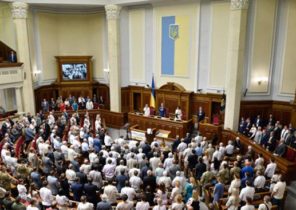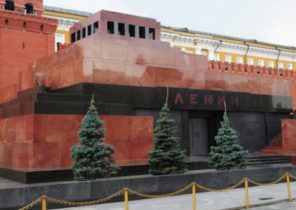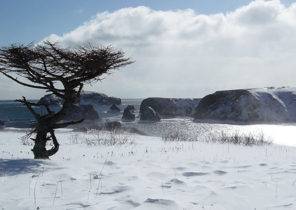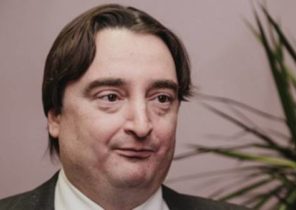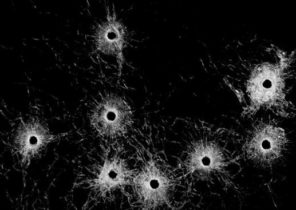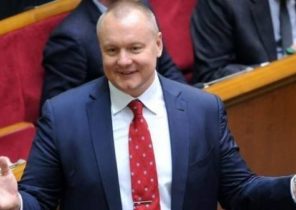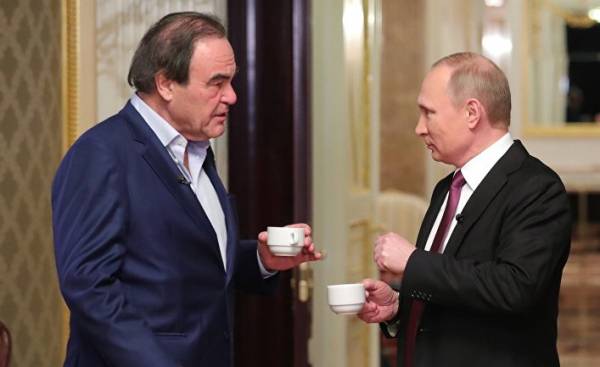
If Vladimir Putin wanted to be re-elected for a fourth term, this week would have been perfect for the start of his campaign.
From June 12 to June 15, Showtime has shown four series of the documentary about the Russian President, shot by Director Oliver stone (Oliver Stone). And on Thursday, June 15, Mr. Putin for four hours answered questions of Russians in his annual direct line, which was broadcast by Russian state television.
However, despite the fact that the presidential elections should be held after nine months — and opposition politician Alexei Navalny has brought tens of thousands of Russians to protest against the President passed in March — those who waited on Mr. Putin’s announcement of his desire to again run for President, were disappointed.
“I’m still working,” — said Mr. Putin to a question from the audience a straight line, pointeresovatsya, whom he plans to leave behind.
Since in 1999, an aging Boris Yeltsin unexpectedly handed the reins to Mr. Putin, a former agent of the intelligence services wonderfully evolved as a politician.
His first term he has devoted to decide the outcome of a bloody war in Chechnya and to restore the authority of state institutions after decades of political and economic turmoil that followed the collapse of the Soviet Union.
When in 2004 he was re-elected for a second term, he dealt with the oligarchs, which was necessary to tame and under his leadership, the economy has started to grow rapidly, due primarily to high oil prices.
After a four year hiatus during which he held the post of Prime Minister, because the Constitution forbids the same person to hold the office of President more than two consecutive terms, Mr. Putin returned to the Kremlin in 2012, and within the country began an active attack on the opposition, and Russia came into conflict with its neighbours and the West.
“Each new term, Putin showed himself in a new way, so, Yes, everyone wants to know what Putin 4.0, — said one European diplomat in Moscow. — Whether it is Putin-a dictator? Can it be Putin the reformer? Will he be able to mend relations with the West? Certainly, he should not continue to behave as he behaved in the last year or two.”
Russian experts share this view. Although, according to the results of many surveys, the rating of Mr. Putin still above 80%, the euphoria that gripped society after the annexation of Crimea, is gradually eroding, and it is not enough to get people to close their eyes to economic difficulties and uncertainty about the future.
“The consensus around the Crimea has already been exhausted,” said Nikolai Petrov, a political analyst from the Higher school of Economics.
The Kremlin spin doctors know this, and put a lot of effort to shape the agenda of Mr. Putin for the next six years.
“No matter how people are pleased to know that Russia is a great power, they focus primarily on the situation inside the country, said Yulia Baskakova, the head of the Practice of social modeling and prediction poll, the research center, often collaborating with the Kremlin. — Until they understand where the country is moving. They want to be offered a fair picture of the future.”
The goal is a straight line with Mr. Putin is to explain to the people the position of the authorities. Most of the questions and comments received from the Russians, concerned not so much present, how much of the future, as said Tatyana Remezova, one of the moderators of state television.
The President began his direct line with promises to reduce poverty, which increased during the two years of the recession, and finished it about the same note. When asked to list the main tasks for the next presidential term, he said, “First, and foremost, we need to ensure the growth of incomes of the country.”
He called the growth of labour productivity and raising the technological level of the steps on the path to accelerated growth and even promised to make significant changes in the work of state administrative bodies. All of this — recommendations Alexei Kudrin, one of the most respected advisers to the President on economic issues.
In a straight line Mr. Putin listed those areas in which Russia can cooperate with US, including control over the spread of weapons of mass destruction, the settlement of the Syrian conflict and protection of the environment.
Commenting on the call for cooperation with Washington in the fight against terrorists, Mr. Putin drew attention to the need to reduce poverty.
Meanwhile, the comments of Mr. Putin on foreign policy, which Mr. stone was selected from an interview with the Russian President with a total duration of about 20 hours, give the mixture the deep-rooted mistrust and disrespect towards the USA, which hinder the rapprochement between the two countries.
Commenting on the failure of President Donald trump to change U.S. policy toward Russia, Mr. Putin spoke of how American presidents from both parties have imposed on Moscow policy, which it didn’t like. “Here’s something curious: the presidents in your country change, and the policy there,” he said.
But even in the domestic arena of the ability of Mr. Putin to spark change, apparently, is limited. On the issue of the growing discontent, which was reflected in recent protests, as well as on the question of whether he intended to engage in a dialogue with the opposition, the President replied rather as king than as a politician seeking to win the support of voters.
“I am ready to talk with everyone who are really focused on improving people’s lives, aims to solve the country is facing problems, not to use the difficulties — and difficulties always and everywhere — for their own political PR, he said. — Those who offer the solution are the people that deserve the most attention, they have the right to dialogue with the government, we will continue to do.”
